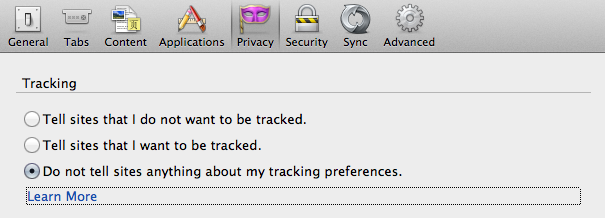Originally posted by GreatEmerald
View Post
On that note, this bug has an interesting patch, although it'll be a while before it reaches stable releases. (50% pdfjs boost in the octane test)



Comment